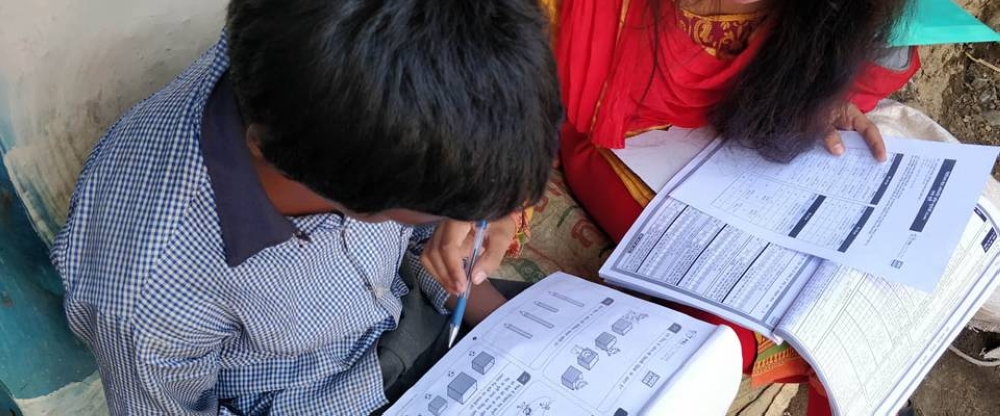One of the WISE Awards 2023 winners, the People's Action for Learning (PAL) Network, is enabling over 250,000 students in various countries with a unique tool named ICAN for developing their numerical skills.
The World Innovation Summit for Education (WISE), a global think tank of Qatar Foundation recently announced the six WISE Awards 2023 and the PAL Network’s tool is a striking example of enabling the students with numerical skills especially in the Global South.
The officials of PAL Network claim that the motive behind the development of the tool was to support the common global goals for education as reflected in the UN Sustainable Development Goal 4 and the need for comparable data to monitor education quality targets. This has meant that many low and middle-income countries face increasing pressure to participate in existing international and regional assessment programmes.
The PAL Network responded to the need for a comparable, low-cost assessment that meets the Global South realities by developing a new assessment tool, ICAN (International Common Assessment of Numeracy) and making it available in the public domain. ICAN a simple-to-use and scalable tool that measures children’s foundational numeracy, is designed to monitor progress of SDG 4.1.1 (a) and is aligned to the Global Proficiency Framework.
ICAN was developed through a collaborative effort among PAL Network member organisations in 13 countries across Africa, America and Asia. Headquartered in Nairobi, Kenya, the programme is meant for children aged 5-16. The countries that benefit from the programme are: Bangladesh, India, Mali, Mexico, Mozambique, Nigeria, Nepal, Nicaragua, Pakistan, Kenya, Uganda, Senegal and Tanzania.
In its first round of large-scale household-based implementation, ICAN covered one rural district each in the 13 countries. This exercise aimed to demonstrate proof of concept in two ways: The feasibility of using a common assessment framework and set of tools across very different country contexts and highlight the ways in which ICAN may be used to generate estimates that respond to important questions on foundational learning confronting countries in the Global South.
Officials of PAL Network felt that the type of learning assessments are based on models and methods that emerged in the context of Global North countries, which have characteristics that are often very different from those of countries in the Global South, including several decades of universal enrollment; comprehensive records of all schools in the country; and significant proportions of parents who are themselves literate and thus better able to support their children’s learning.
They also observed that these assessment models are designed to inform policy makers and education planners, rather than teachers, parents, and other actors on the ground; and thus do not generate actionable information at lower levels of performance where a large proportion of children in the Global South are usually located. All these led them to think of innovative method to empower the children in the global South which led to the development of ICAN.
Building on ICAN’s success, PAL Network is currently developing Elana (Early Language & Literacy and Numeracy Assessment), a new common assessment initiative. Elana comprises of two components: a numeracy assessment that builds on ICAN, expanding the number of items that form the item bank; and a literacy component that evaluates skills in the subdomains of oral language, decoding and reading comprehension.
The assessment targets children between four and 10 years old to understand the continuum of learning between preschool and the first years of primary school and will provide estimations of achievement of SDG 4.1.1.(a) and the academic learning component of SDG4.2. In its final form, Elana will be implemented using a digital application and will be adaptive.

ICAN is a simple-to-use tool to measure children’s foundational numeracy.

